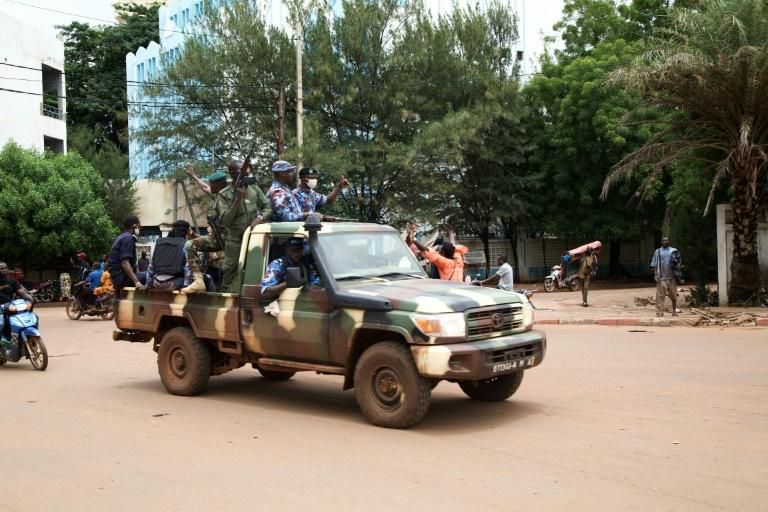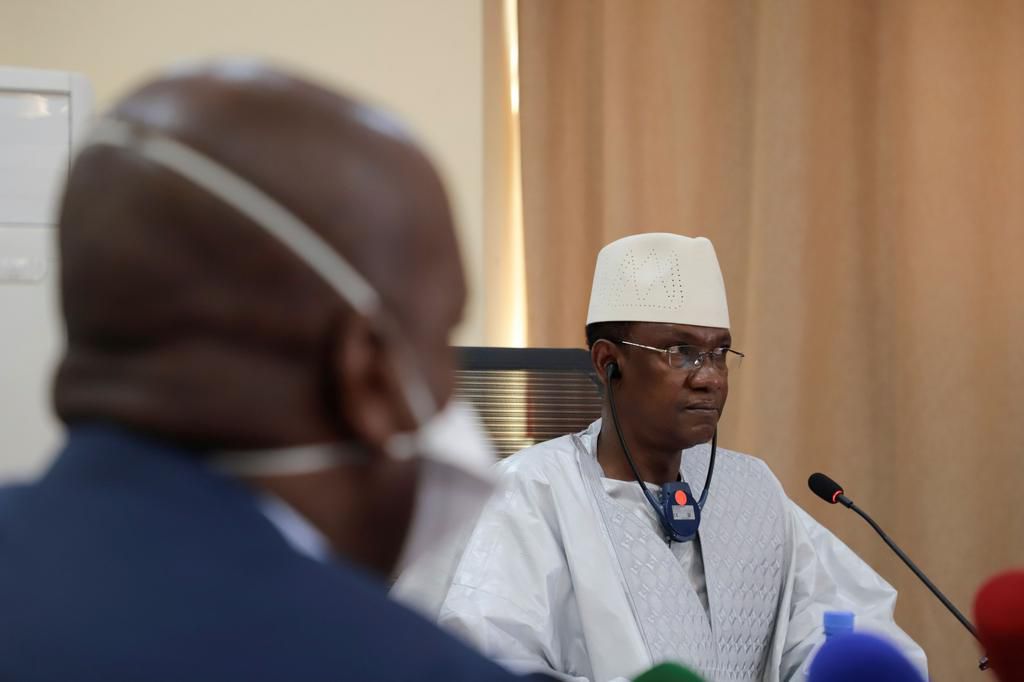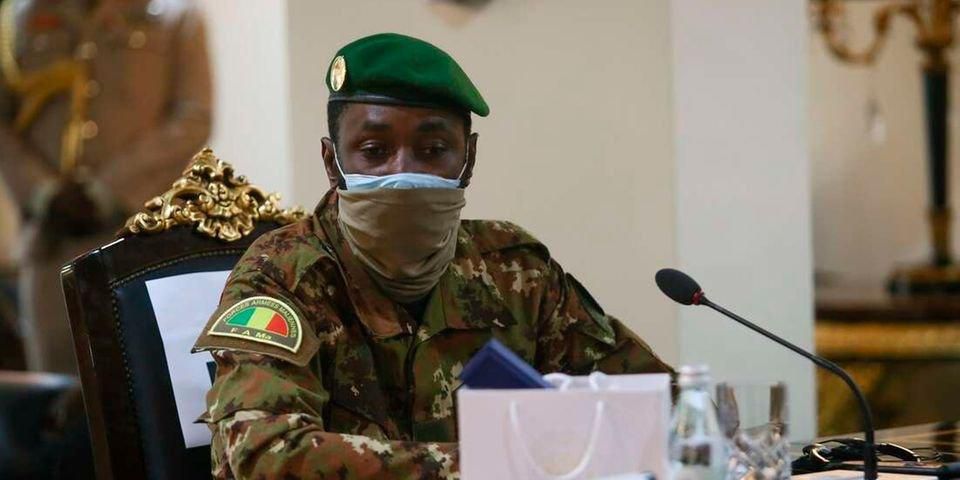Find out why Kenya is at the forefront in assessing the security situation in Mali
)
Kenya’s ambassador to the United Nations (U.N.), Martin Kimani is leading a United Nations Security Council (UNSC) mission to Mali to assess the security situation in the country.
Over the weekend, Amb. Kimani met newly appointed President of Transition Colonel Assimi Goita and Prime Minister of the Transition Choguel Kokalla Maïga.
Amb. Kimani on behalf of the UNSC in the presence of civil society organizations urged the country's authorities to set elections for February to meet agreements reached with the Economic Community of West African States (ECOWAS) after a coup last year.
“I was struck by the thirst for reform (both political and institutional) that is desired by most of the Malian population,” Amb. Kimani said at a news conference held on Sunday.
“We are now waiting for the end of the transition period which should lead to the organization of elections.”

However, Malian authorities have said after the meetings with the UNSC mission, they want to organize days of consultations in December amongst Malian groups to determine a path toward elections.
“The Malian authorities have spoken to us about these meetings as a prerequisite for the elections. These meetings will take place in December,” said Abdou Abarry, Niger's ambassador to the U.N. who was a part of the delegation.
“We are not opposed to it, but only insist it does not delay the end of the transition and give Malians the opportunity to choose their leaders.”
Abarry said that Goita assured the delegation that “the transitional authorities are not here to stay in power and any commitments the transitional authorities will make will be in the interest of Malians.”

Goïta serves as the leader of the National Committee for the Salvation of the People, a group of rebels who overthrew Ibrahim Boubacar Keïta in the 2020 Malian coup d'état, and have pledged to initiate new elections to replace him.
Because of this pledge, ECOWAS pressured Mali's ruling junta for the country to be led by a civilian.
On September 21 he was named vice president by a group of 17 electors, with being appointed president.
On October 1, 2020, the "Mali Transition Letter" was published where it was specified, in response to the request of the ECOWAS, that the vice president "in charge of defense and security issues" would not be able to replace President Bah Ndaw.

Goita was then sworn in as president of the transitional government in June 2021. He has pledged to keep the country on track to return to civilian rule with an election in February 2022.
The U.N. diplomats also raised the issue of security in Mali. The peacekeeping mission in Mali remains the deadliest of all the U.N. missions since 2013.
“The Malian authorities have insisted that they are putting much emphasis on security challenges, and MINUSMA (the U.N. mission in Mali) is ready to help them, especially in Central Mali where there is the highest threat of terrorism,” said Nicolas de Rivière, France’s ambassador to the U.N.
Mali has been fighting growing insecurity since 2012, when al-Qaida-linked groups took over parts of the north.
Despite a French-led military operation that forced many rebels from their northern strongholds in 2013, insurgents quickly regrouped and have been advancing year after year toward the south of the country, where the Malian capital is located.
)
)
)
)
)
)
)
)
)
)
)
)
)
)
)